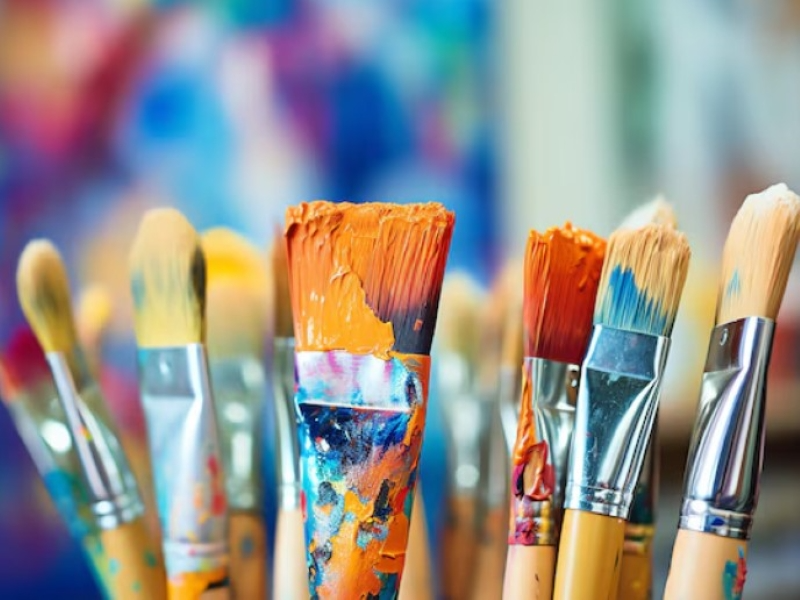- AI art devalues the years of practice, unique vision, skill and experience that human artists work hard for.
- AI art makes it much harder for artists to both charge living wages for their work, and to see value in the effort they put in.
AI-generated art is created using algorithms that can generate visuals, mimic styles, and produce new works. It has sparked significant discussion. However, as AI art becomes more prevalent, it raises several troubling issues for traditional artists. In this blog, you can understand why AI art can be problematic for traditional artists.
Economic disruption and devaluation
Lower costs and increased competition: One of the most immediate concerns about AI art is its economic impact. AI tools can generate artwork quickly and at a fraction of the cost of hiring a human artist. This cost-effectiveness presents a challenge to traditional artists who rely on their work as a primary source of income. With AI art becoming a cheaper alternative, the value of human-created art may be undermined, leading to increased competition and potential financial instability for artists.
Market saturation: The accessibility and efficiency of AI in art creation mean that the market could become flooded with an overwhelming number of new pieces. This saturation makes it difficult for individual artists to stand out and garner attention, potentially diluting the market and impacting their ability to sell their work.
Also read: Nvidia eyes return to record as AI spending bonanza continues
Intellectual property and copyright issues
Ownership and authorship: AI-generated art often relies on extensive datasets that include existing artworks, raising complex questions about ownership and authorship. Who owns the rights to art created by AI? Is it the programmer, the user, or the original artists whose works influenced the AI? These questions challenge traditional notions of intellectual property and complicate the legal landscape for protecting artists’ rights.
Infringement concerns: AI’s ability to replicate or closely mimic the styles of existing artists can lead to accusations of copyright infringement. This potential for replication without proper attribution or permission adds another layer of complexity to intellectual property issues and risks undermining the work of human artists.
Also read: Authors sue Anthropic for copyright infringement over AI training
Loss of personal connection and authenticity
Lack of human emotion: Art is often celebrated for its emotional depth and the personal experiences of the artist. AI-generated art, created through algorithms rather than human experience, may lack this emotional resonance. The question arises whether art produced by machines can truly capture the depth and nuance of human feelings and experiences.
Impersonal creation: AI-generated art might be seen as less personal or meaningful compared to human-created works. The absence of an artist’s intent, personal journey, and narrative can lead to perceptions of AI art as impersonal, which may diminish its perceived value.
Creative process and artistic skill
Undermining artistic skill: The ease with which AI can produce art can be seen as undermining the skill and effort that human artists invest in their craft. Years of training and dedication are required to master artistic techniques, and the ability of AI to bypass these skills can devalue the hard work of traditional artists.
Impact on innovation: If AI becomes a go-to tool for art creation, there is concern that it could stifle human creativity and innovation. Relying on AI as a shortcut may reduce the incentive for artists to experiment and develop their own unique styles, potentially leading to a homogenisation of artistic expression.

